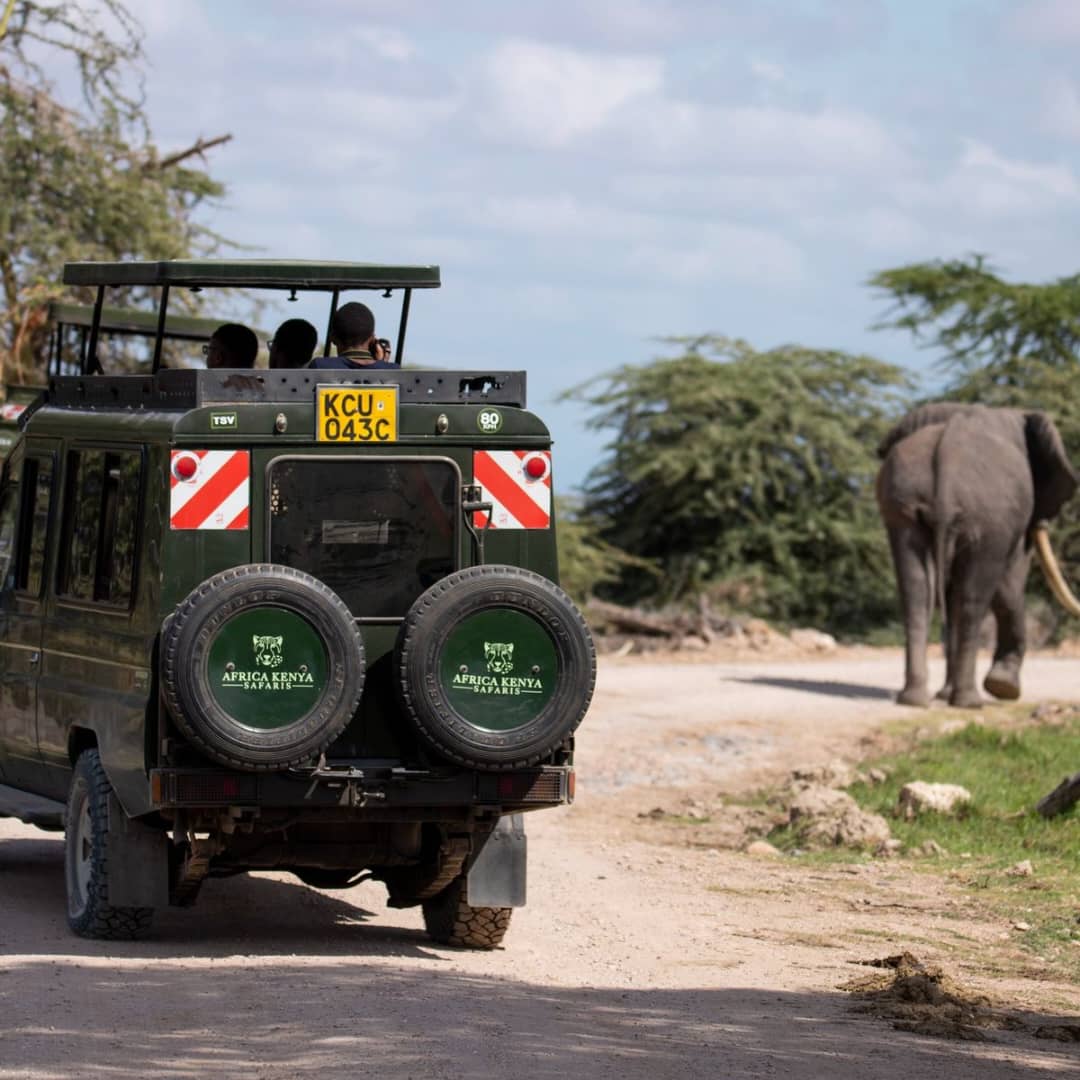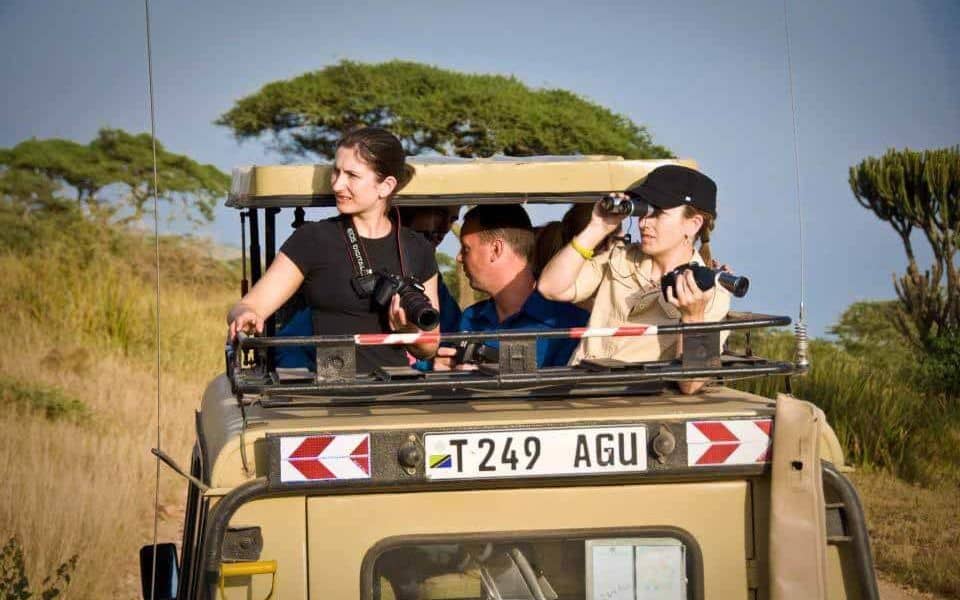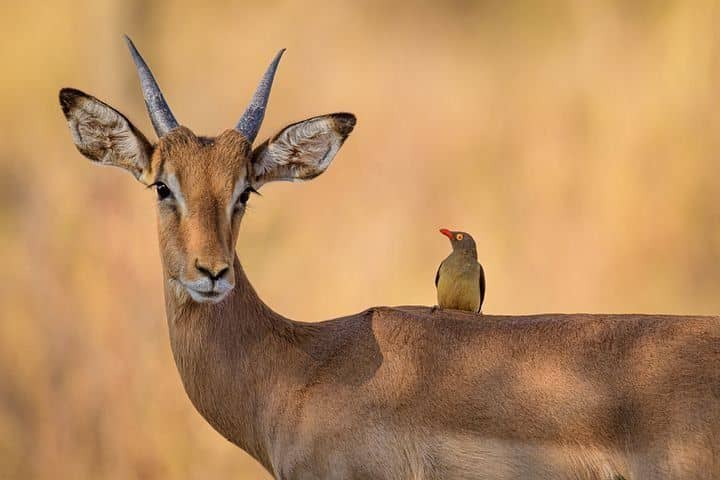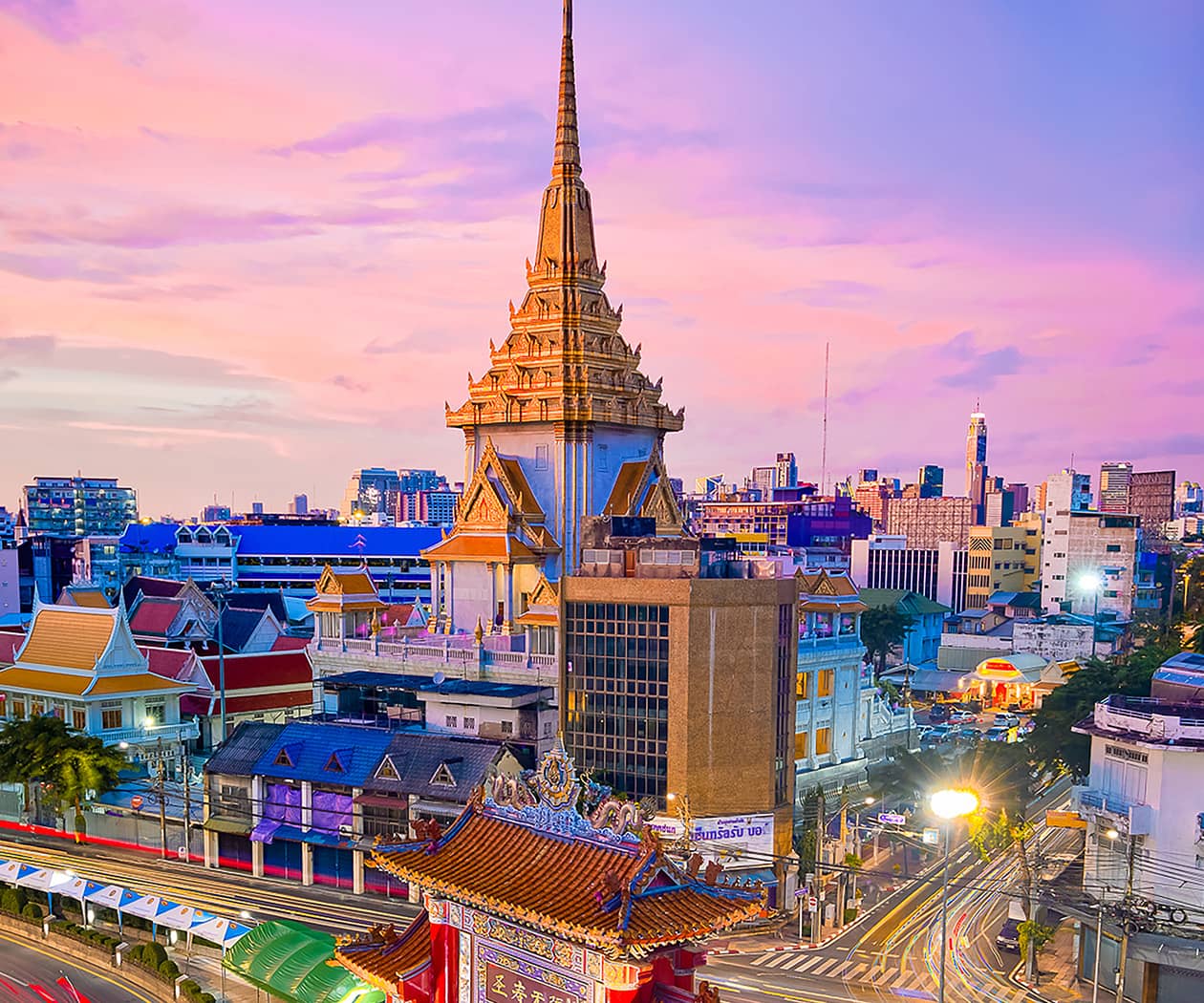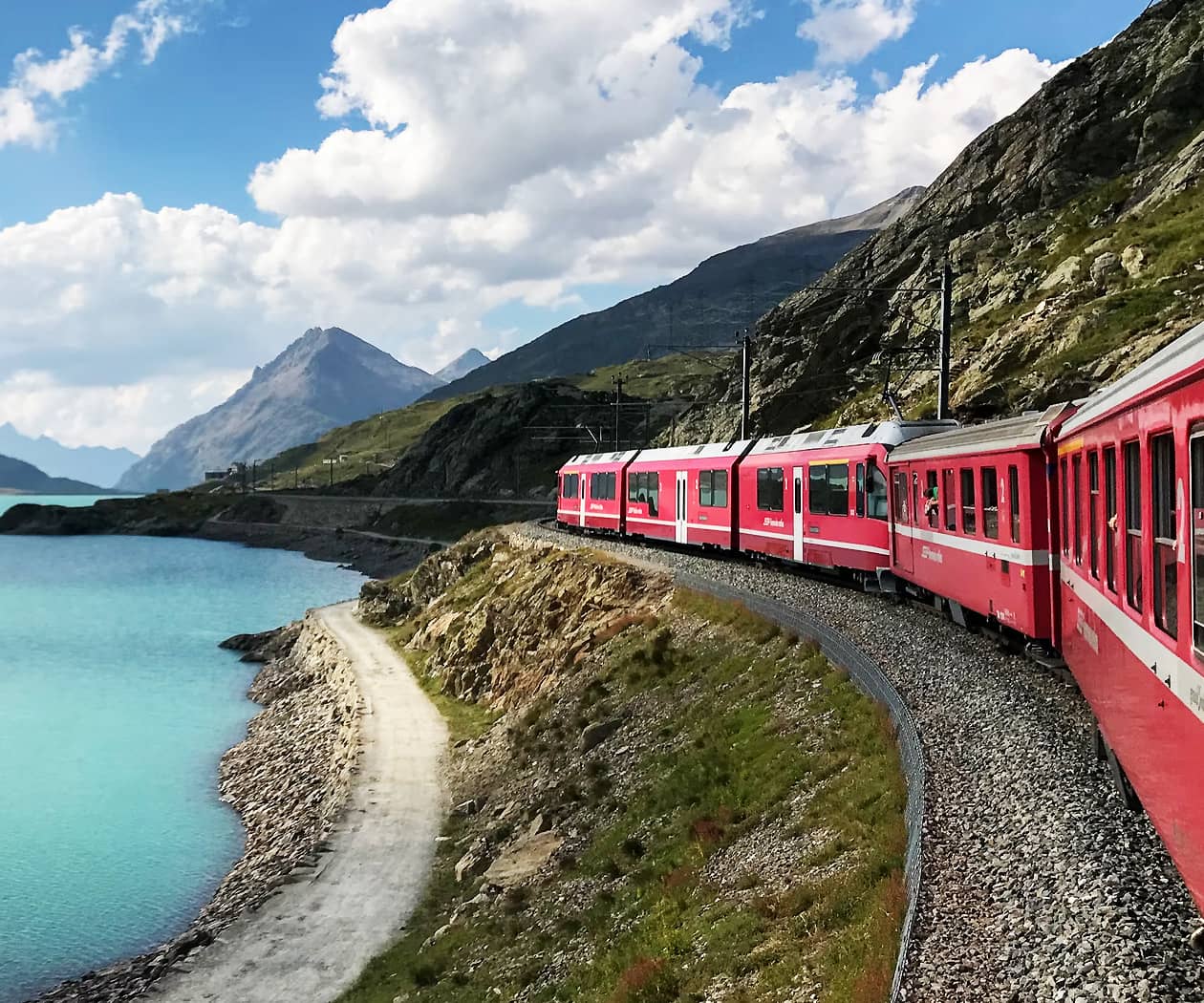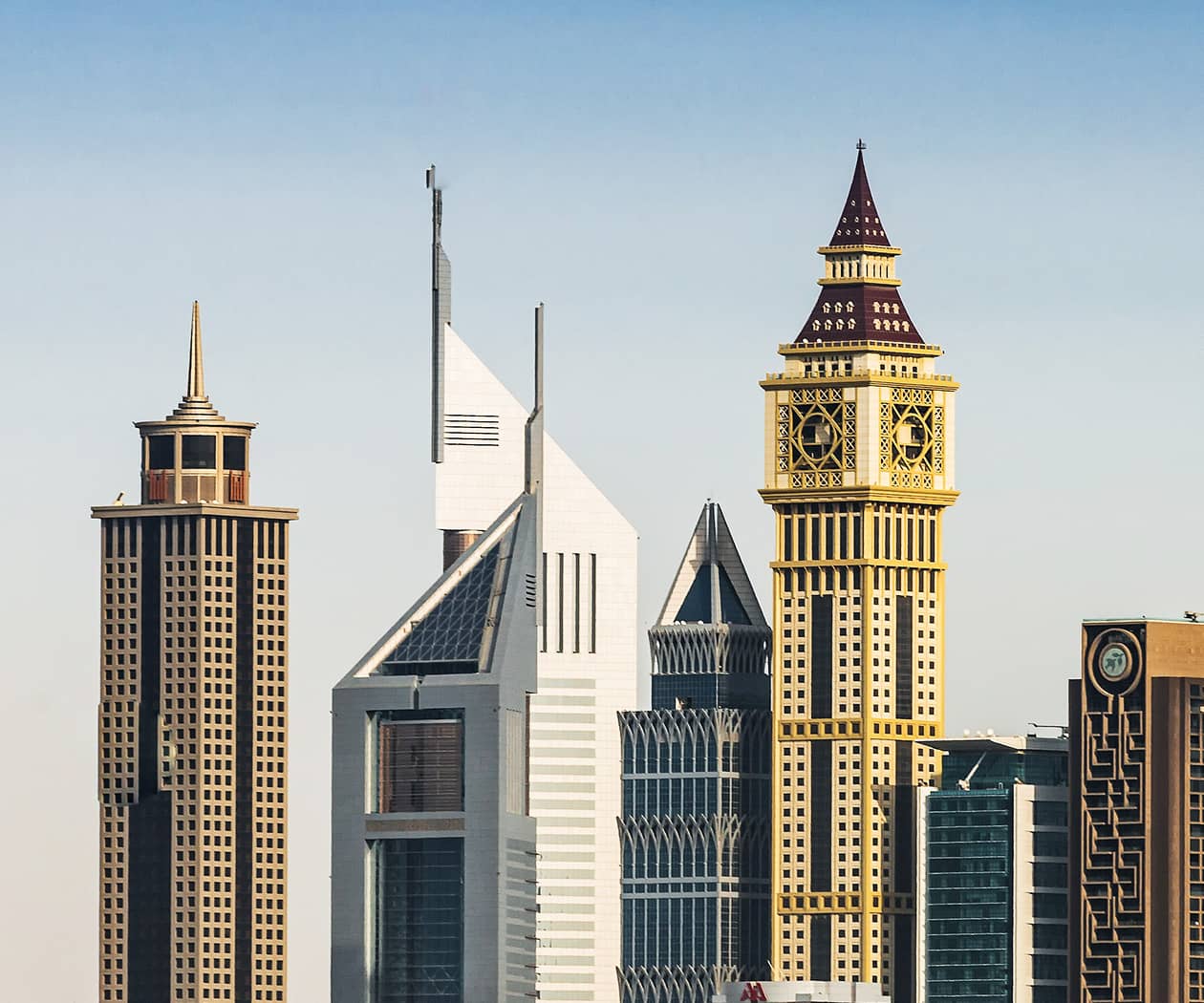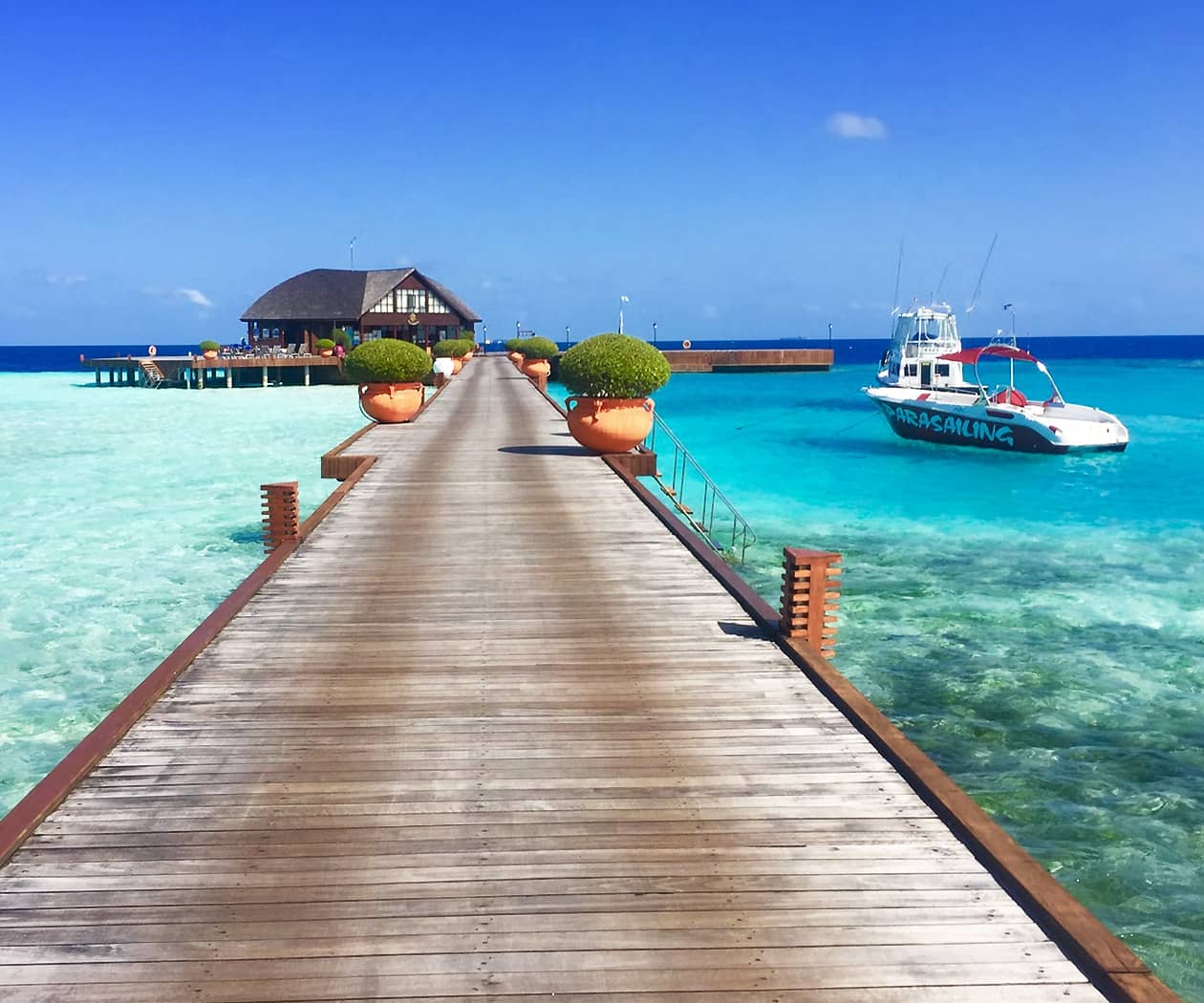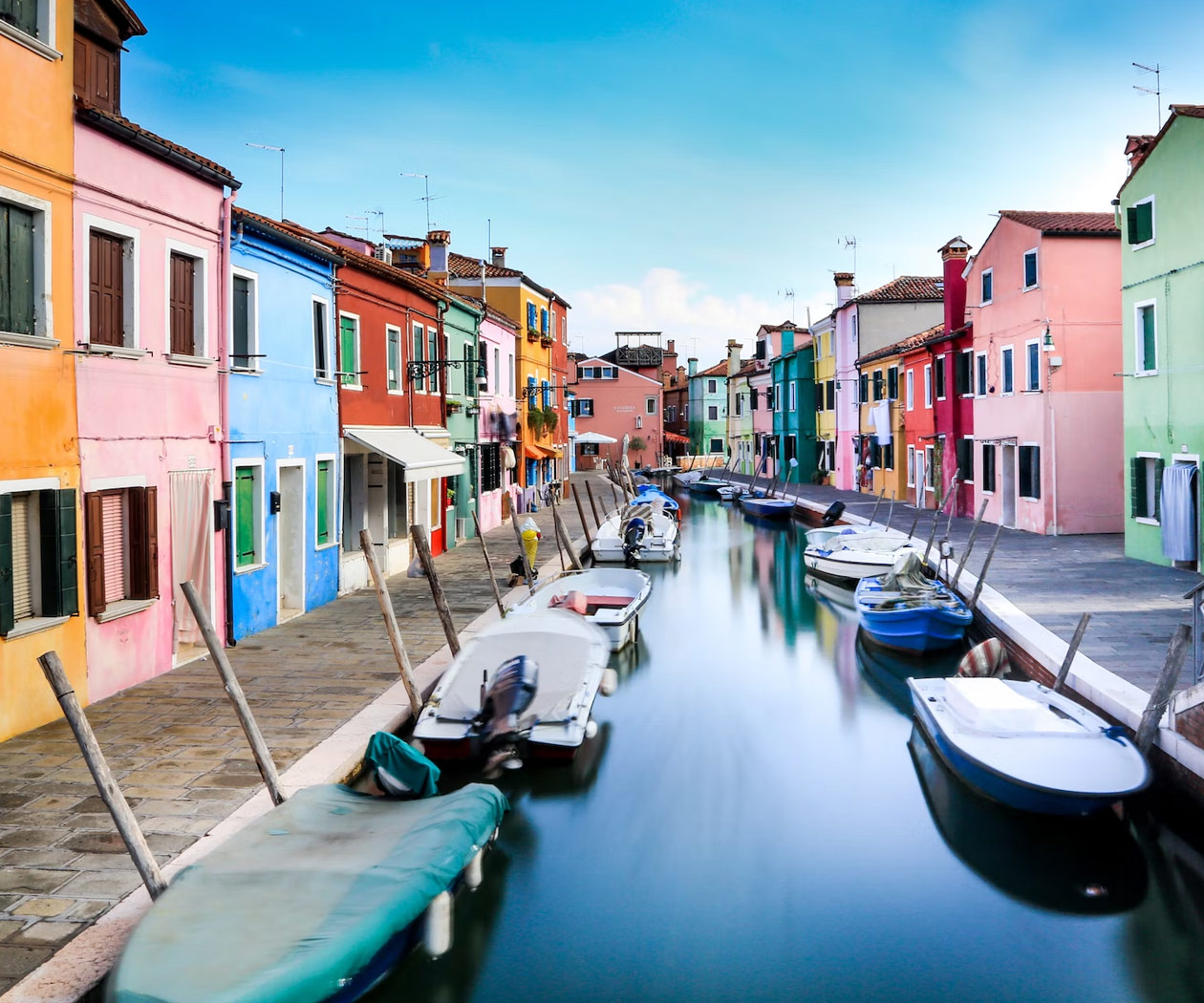Packing Smart for Gorilla Trekking in Rwanda
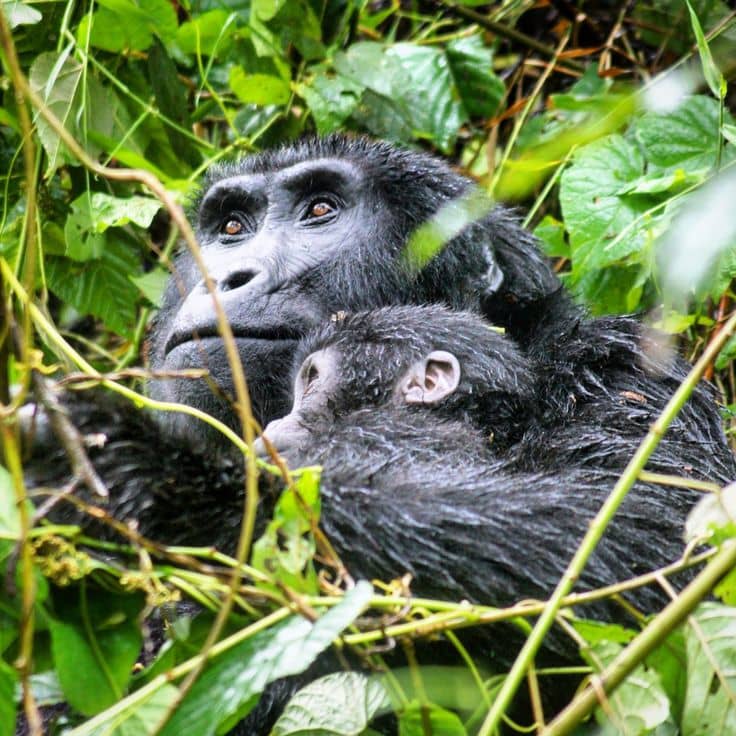
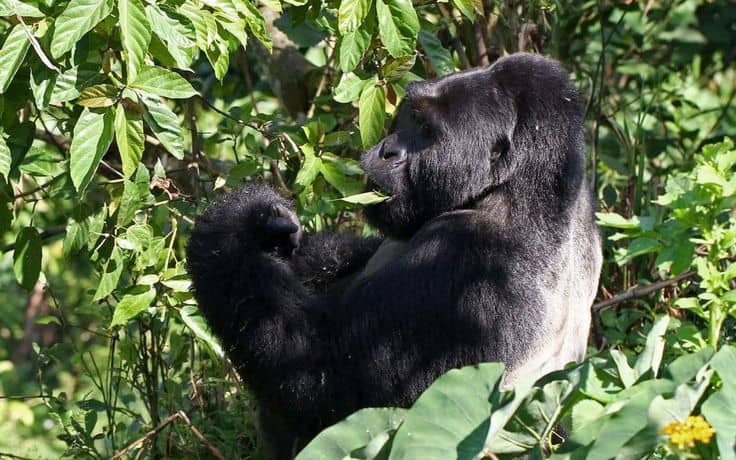
Preparing for a gorilla trekking adventure in Rwanda’s Volcanoes National Park requires more than just excitement, it demands strategic packing. Packing Smart for Gorilla Trekking in Rwanda can mean the difference between an uncomfortable struggle and a magical wilderness experience.
In this comprehensive guide, we’ll walk you through Packing Smart for Gorilla Trekking in Rwanda, covering everything from must-have gear to prohibited items. Whether you’re trekking during dry season or braving the rainy months, our expert-approved packing list will ensure you’re perfectly prepared for this bucket-list adventure.
Why Proper Packing Matters for Rwanda Gorilla Trekking
Rwanda’s volcanic terrain and unpredictable mountain weather create unique challenges. Packing Smart for Gorilla Trekking in Rwanda is crucial because:
The high-altitude climate changes rapidly
Trekking paths can be muddy and slippery
You’ll need hands-free mobility in dense vegetation
Limited porter availability means careful weight consideration
Now let’s dive into your essential packing categories for Packing Smart for Gorilla Trekking in Rwanda.
1. Footwear: Your Most Critical Gear
Must-Pack:
-
Waterproof hiking boots with ankle support (well broken-in)
-
Quality wool socks (2 pairs – they wick moisture better)
-
Gaiters (protect against mud and stinging nettles)
Pro Tip:
Apply waterproofing treatment to boots before your trip. Local guides recommend brands like Merrell or Salomon for Rwanda’s terrain.
2. Clothing: Layer Like a Pro
Base Layers:
-
Moisture-wicking long sleeve shirt (even in dry season)
-
Quick-dry hiking pants (convertible ones are versatile)
Insulation Layers:
-
Fleece jacket or light down puffer
-
Waterproof rain jacket (not just water-resistant)
Extras:
-
Light gloves (for pushing through vegetation)
-
Wide-brimmed hat (sun and rain protection)
Color Note:
Stick to neutral earth tones (greens, browns, khakis) to avoid startling wildlife.
3. Essential Gear & Accessories
Trekking Essentials:
-
Daypack (25-35L with rain cover)
-
Trekking poles (collapsible ones travel well)
-
Reusable water bottle or hydration bladder (2L capacity)
Protection Items:
-
Gardening gloves (for gripping vegetation)
-
Buff/bandana (dust and sun protection)
Photography Gear:
-
DSLR or mirrorless camera with zoom lens
-
Plenty of memory cards
-
Silent shutter mode enabled
4. Health & Safety Items
First Aid Musts:
-
Blister treatment (moleskin or Compeed)
-
Antihistamines (for potential nettle stings)
-
Basic meds (pain relievers, anti-diarrheal)
Health Protection:
-
High-SPF sunscreen (UV intensity increases with altitude)
-
Insect repellent (30% DEET recommended)
-
Hand sanitizer (no soap/water during trek)
Altitude Consideration:
-
Diamox (consult doctor about altitude medication)
-
Electrolyte tablets (for hydration)
5. Documentation & Extras
Important Papers:
-
Passport + visa
-
Gorilla permit (printed copy)
-
Travel insurance docs (with evacuation coverage)
Nice-to-Haves:
-
Binoculars (lightweight pair)
-
Journal (for recording your experience)
-
Energy snacks (nuts, protein bars)
Cash Needs:
-
Small USD bills for tips (guides, porters, lodge staff)
-
Rwandan francs for local purchases
Season-Specific Packing Adjustments
Dry Season (June-September, December-February)
-
Add warm layers for chilly mornings
-
Include lip balm (dry mountain air)
-
Sunglasses become essential
Wet Season (March-May, October-November)
-
Extra socks (2-3 pairs)
-
Quick-dry towel
-
Plastic bags for protecting electronics
What NOT to Pack for Rwanda Gorilla Trekking
Bright colored clothing (disturbs wildlife)
Plastic water bottles (Rwanda bans single-use plastics)
Drones (strictly prohibited in national parks)
Umbrellas (useless in dense forest, use rain jacket instead)
Heavy luggage (strict 15kg limit on domestic flights)
Porter Services: Should You Use One?
Pros of Hiring a Porter:
-
Carries your daypack (freeing your hands)
-
Provides physical assistance on tricky terrain
-
Supports local employment
Cost:
$15-$20 per trek (plus tip)
Our Recommendation:
Even fit travelers benefit from porter assistance on Rwanda’s steep trails.
Sample Packing List for 3-Day Gorilla Trek
| Category | Items | Quantity |
|---|---|---|
| Clothing | Hiking pants | 2 |
| Moisture-wick shirts | 3 | |
| Rain jacket | 1 | |
| Footwear | Hiking boots | 1 |
| Socks | 3 | |
| Gear | Daypack | 1 |
| Trekking poles | 1 | |
| Health | First aid kit | 1 |
| Medications | As needed | |
| Extras | Camera gear | 1 |
| Power bank | 1 |
Last-Minute Packing Tips
-
Break in boots for at least 3 weeks before trek
-
Test camera settings for low-light forest conditions
-
Weigh your bag before flying to Rwanda
-
Pack liquids separately for easy airport security
-
Leave valuables at your lodge
Where to Buy/Rent Gear in Rwanda
Kigali Options:
-
Go Kigali (quality outdoor gear)
-
Nyamirambo Women’s Center (affordable rentals)
-
Simba Supermarket (basic supplies)
Near Volcanoes NP:
-
Kinigi Guesthouse (pole/gaiter rentals)
-
Local markets (gardening gloves, hats)
Final Thoughts on Packing Smart for Rwanda
Packing Smart for Gorilla Trekking in Rwanda requires balancing preparedness with practicality. By focusing on versatile, high-quality items and leaving unnecessary comforts behind, you’ll be perfectly equipped to enjoy every magical moment with Rwanda’s mountain gorillas.
Remember: The lighter and more organized your pack, the more you can focus on the incredible wildlife experience ahead. Now that you’ve mastered Packing Smart for Gorilla Trekking in Rwanda, all that’s left is to embark on your adventure!

